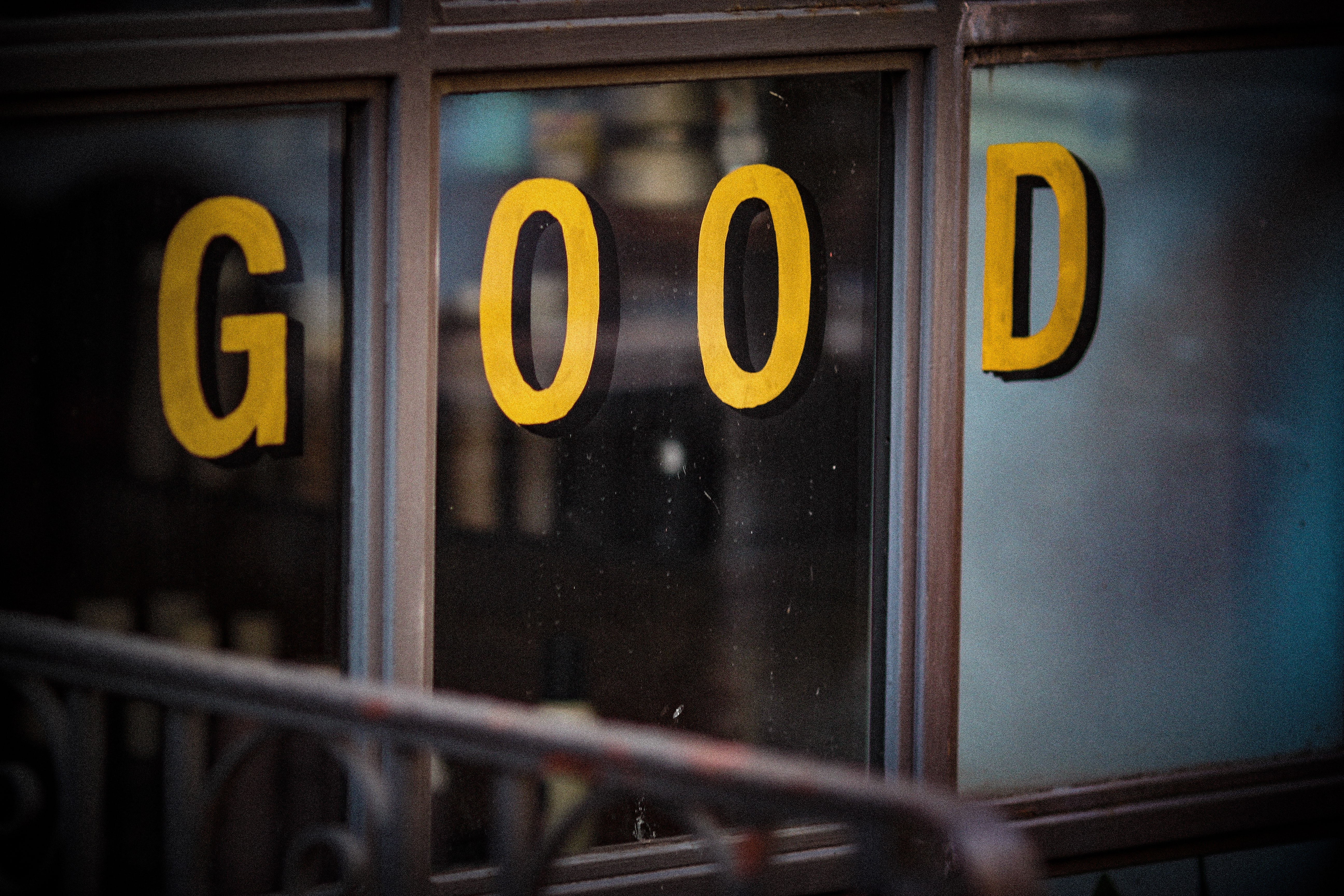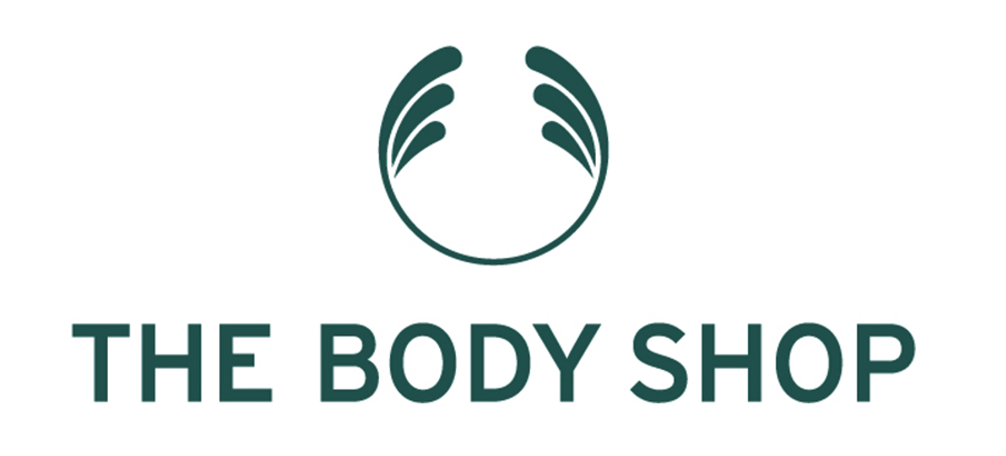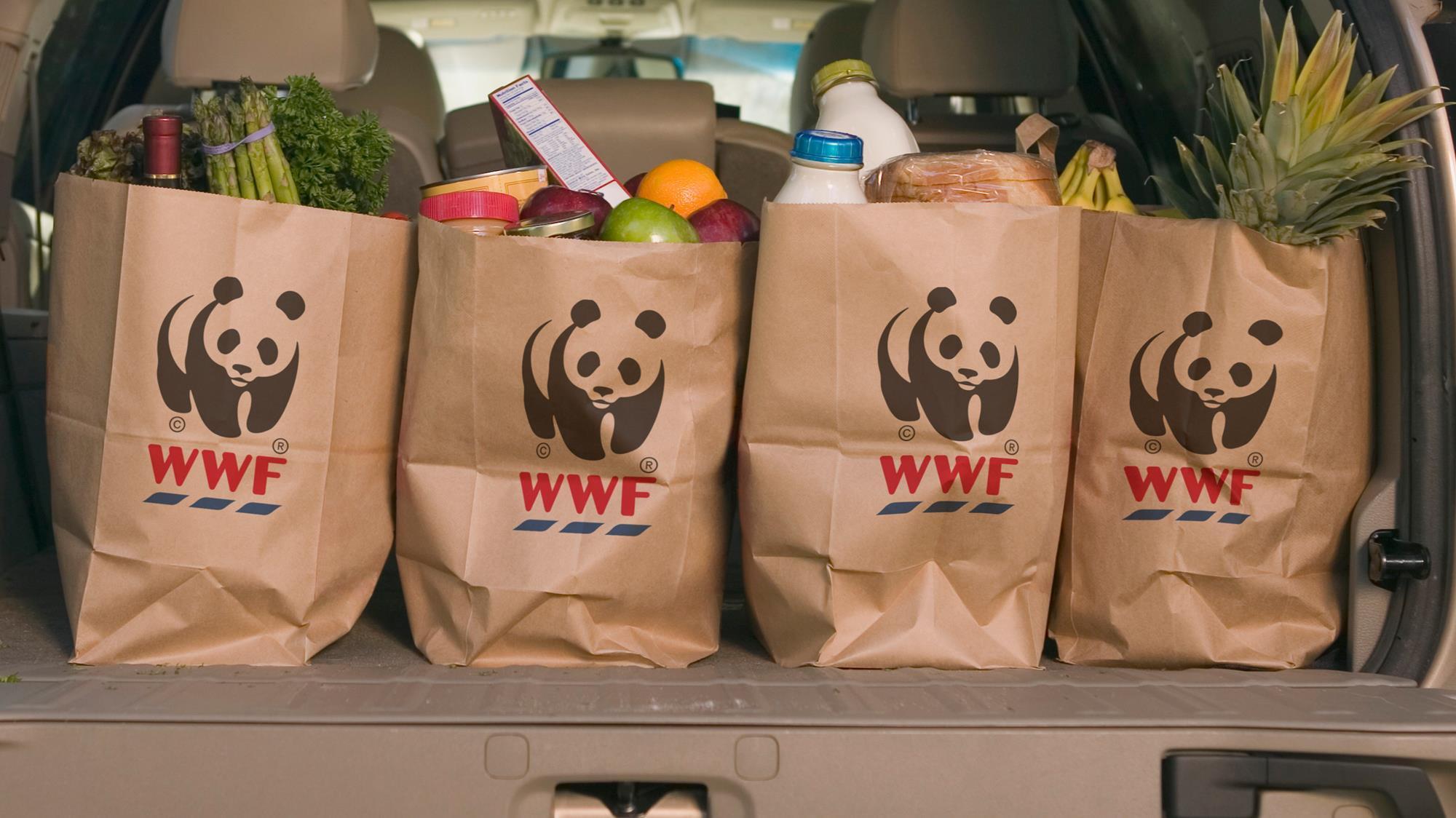

Aug 23, 2022
Companies have woken up to the value and benefit of purpose. According to a 2019 survey for Fortune magazine, only 7 percent of Fortune 500 CEOs believe their companies should “mainly focus on making profits and not be distracted by social goals.” CSR from the sidelines no longer cuts it with customers, staff and shareholders.
The pandemic has undeniably grown the conversation even further. In the early months of the crisis, businesses were keen to demonstrate how they were pivoting to protect the health and financial wellbeing of staff and suppliers, with those that didn’t often becoming the subject of high-profile media scandals. Now, as we emerge from covid into the cost of living crisis, research has repeatedly shown that consumers are keen to continue supporting brands that have supported their communities.
But doing good isn’t just good for people and the planet; it also translates into profit and shareholder value, and Will Hutton, co-chair of The Purposeful Company, agrees. “Capitalism can best secure its future and win public support, the more its leaders are committed to purpose.”
The Purposeful Company is a not-for-profit that describes its mission as helping firms to place people and planet on an equal footing with profit, embedding this approach across all parts of their value chain. This, it claims, will “transform UK business” and “create long-term value by serving the needs of society”. They’re hoping to create an asset class of purpose-led companies and a set of agreed metrics in which purpose can be measured, and can count PwC, Barclays and Unilever amongst their ranks.

Whilst charities are slowly starting to become more commercial, exploring the opportunities of mission and money activity; companies are rapidly becoming more social, more purposeful, and more impactful.
The distinction between who does good in society is no longer a clear line in the sand. For-profit no longer excludes for-good. And in some cases these corporate explorations into good are starting to encroach on mission and service delivery that has previously been the purview of the third sector.
Corporates are starting to question the value of their charity relationships. In the old world order, companies wanted to help charities with their mission, usually through the lenses of people and money. Now, corporates expect charities to align with, and help deliver, their corporate purpose and impact goals.
As this 2021 report warns, “A failure to establish successful partnerships between charities and private companies could result in corporates deciding to go it alone to meet sustainable development goals.”
CSR relationships are no longer solely decided by the staff vote. The choice increasingly sits with the board, based on which organisation will help them best strategically deliver. As Kate Buchanan said at the future of funding safari, companies are questioning their CSR relationships and challenging the value charity partners bring.

A new generation of companies are being born purposeful - founded with purpose, and with impact built into their business model DNA. These companies are driven not just by profit, but also social good. Where these companies lead, others are following; leveraging the B Corp categorisation to help prove their purpose credentials.

Patagonia has long been considered one of the world’s most admired companies. Apart from their millions of dollars in annual contributions to environmental causes and land conservation, the outdoor apparel company is known for their generous benefits and employee-centric workplace.
But there’s an even more important reason to respect them: in the nearly fifty years since they were founded, when confronted with inconvenient facts about the harm of some of their products they have consistently chosen to do the right thing, despite considerable short-term losses to their bottom line.
They’ve focused on extending the lifetime of their products by encouraging people to pass on clothing instead of trashing. They acknowledge that this will likely cost them business. But Patagonia has a history of making hard tradeoffs for the longer term good of the purpose they so deliberately and unashamedly serve.

Warby Parker was founded in 2010, by four friends who happened to be in business school. Their goals? To disrupt the eyewear industry, to develop a vertically integrated brand that consumers love and to do good in a world where millions go without. Over a decade later and they’ve stayed true to that vision (we recommend reading their 2021 impact report for inspiration).
Core to their model is the buy one, give one approach - for every pair of glasses or sunglasses they sell, a pair of glasses is distributed to someone in need. They’ve distributed over 10 million pairs to date, and have now created the Warby Parker Foundation to accelerate this work.
The foundation’s mission is to advocate for wider access to vision services, educate communities on the importance of eye health, and provide people with the eye care they need to lead safe, happy, and productive lives. In 2021, Warby Parker authorised up to 1% of the company's outstanding shares for future grants to the foundation or other like minded charitable organisations.

When Anita Roddick founded the Body Shop in 1976 she did so with a belief in something revolutionary: that business could be a force for good. Anita saw her purpose driven brand as a chance to make a difference to the world.
In 2006 Roddick made the (then controversial) decision to sell The Body Shop chain to L’Oreal. She believed The Body Shop would act like a "Trojan horse" that could influence the huge business from the inside. Unfortunately Anita died in 2007, before she could champion the change she wanted to see. The Body Shop was sold again in 2017 to Brazilian cosmetics company Natura, who shares many of the original Body Shop brand values around activism and purpose.
Today, The Body Shop is a cosmetics company that focuses on the motto “Enrich, not Exploit”. It’s a venture devoted to empowering its people with all-natural products, free from chemicals and animal cruelty. Along with making luxurious products, the Body Shop also hopes to help 40,000 vulnerable people across the globe, regenerate 75 million square metres of natural habitat.


With a shared mission of tackling hygiene poverty, Unilever and Boots have joined forces with The Hygiene Bank as part of the ‘Help Tackle Hygiene Poverty campaign’. The collaboration supported more than half a million people in it’s first year to access hygiene essentials.
For every two products of Unilever’s most popular brands, including Dove, TRESemmé, Radox, Lynx, Sure, Shea Moisture and Simple, bought from Boots either in-store or on boots.com between 29 June and 23 August, a third product is donated to The Hygiene Bank.

Launched in 2009, the partnership between Boots and Macmillan Cancer Support has not only raised £19.3 million but also aligns perfectly with Boots’ business and purpose agenda. Cancer information and beauty advice available in-store.
Macmillan have helped to train over 4,200 of our pharmacists as Boots Macmillan Information Pharmacists. This training helps them to understand more about the impact of a cancer diagnosis, treatments and how to support people living with, and affected by cancer. They’ve also trained 100s of No7 Beauty Advisors to give face-to-face advice to help people cope with visible side effects of cancer.

Launched in 2018, this five-year partnership to radically disrupt supply chains. The partners agreed not only to tackle a single issue like palm oil or plastics, or even just to focus on Tesco’s footprint, but to drive systemic change across the entire food industry, and ultimately halve Tesco’s overall impact by 2030
The partnership’s centrepiece is the “sustainable basket metric” which calculates the environmental impact of commonly bought grocery items in the UK. Tesco has used this methodology to track the impact of its baskets. Giles Bolton, Tesco’s responsible sourcing director, called it “radical and transformative”.
Where WWF brings technical expertise and a global network of environmental experts, Tesco shapes and applies this through the lens of real-life insight into how supply chains currently work.

In 2019 HSBC launched the No Fixed Address (NFA) programme which enables people with no previous or fixed address or traditional form of ID to open and access a bank account. The programme is delivered in partnership with over 300 local and national homelessness charities, including Crisis and Shelter.
In 2021, Shelter and HSBC launched the Vicious Circle campaign to promote the partnership. During the two-week OOH campaign, uptake of HSBC UK’s No Fixed Address bank accounts grew by 52%. Though not a primary goal, the donations generated from the QR code helped Shelter get over 100 people off the street, with one in five scanners signing up to become regular donors.
And it has impacted positively on the HSBC brand too, contributing to positive growth in brand associations:

Coca-Cola owned drinks manufacturer Innocent have found themselves the 2022 poster-child for greenwashing. Having previously been lauded for their purpose-before-profit initiatives (like Sow and Grow in partnership with charity Grow It Yourself), in 2022 their green-credentials were eroded by one mis-step after another.
The ASA called out Innocent for ”misleading” consumers with an ad that implied “positive environmental impact” from purchasing Innocent‘s products, pointing out that that is ”not the case” due to its products coming in single-use plastic bottles.
They followed this up with a massive own-goal in the sustainability creds with a one-day takeover of Trafalgar Square, that firmly landed in the greenwashing net.

Potentially taking a leaf out of Anita Roddick’s playbook, Ben and Jerry (of Ben & Jerry’s fame) sold the business to Unilever back in 2000. In the acquisition agreement Unilever agreed to carry on the company's tradition of engaging "in these critical, global economic and social missions” that had been a core part of the ice-cream company’s purpose agenda since its inception back in 1978. This move has long been hailed as a core part of Unilever’s pivot to put purpose at the heart of its business strategy going forwards.
However, in 2021 the board of Ben & Jerry’s voted 5-2 to sue Unilever in order to block the sale of its Israeli business to a local licensee, saying it was inconsistent with its values to sell its ice-cream in the occupied West Bank.
In an escalation of the dispute, Unilever then stopped paying Ben & Jerry’s independent board members. Anuradha Mittal, chair of the Ben & Jerry’s board, said: “Despite them freezing our salaries, we are continuing to do our work because our fidelity is to Ben & Jerry’s. … If Unilever is willing to so blatantly violate the agreement that has governed the parties’ conduct for over two decades, then we believe it won’t stop with this issue.”
This spat, compounded on top of a rocky 24 months where Unilever has had to vigorously defend its purpose agenda, could potentially set a worrying precedent for the future of purpose in business.
We need to move beyond the traditional philanthropic model of partnership to leverage the unique capabilities, culture and values that all parties bring to table. Be clear on your USP. Don’t be scared to challenge the brief. And bring your A players to the table.
Be clear on the value you bring. What are your skills, expertise and impact? Do you align to their mission and purpose and how can your USP help them deliver? Great partnerships are built on mutual appreciation and trust.
Charities are used to pitching to corporates. Why not turn the tables? Build a collaboration to tackle your mission and get corporates to pitch to be part of the solution. Build collaborations and partnerships where companies are fighting to be part of solving the problem with charities.
When Tesco and WWF were outlining their partnership it was Tesco that put halving the impact of a ‘basket’ on the table. Don’t be scared to challenge and aim big.